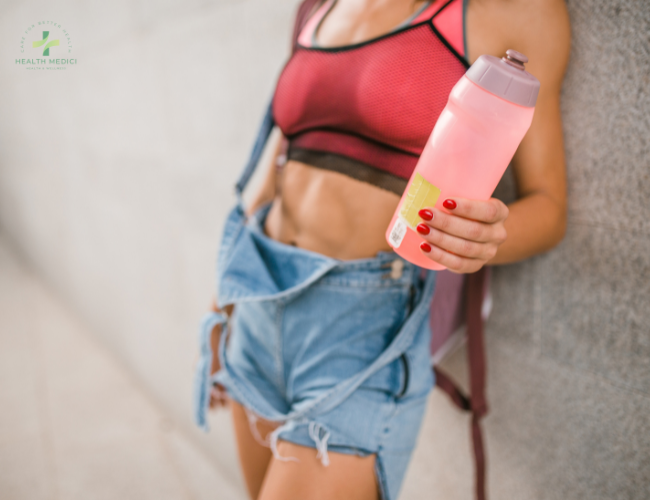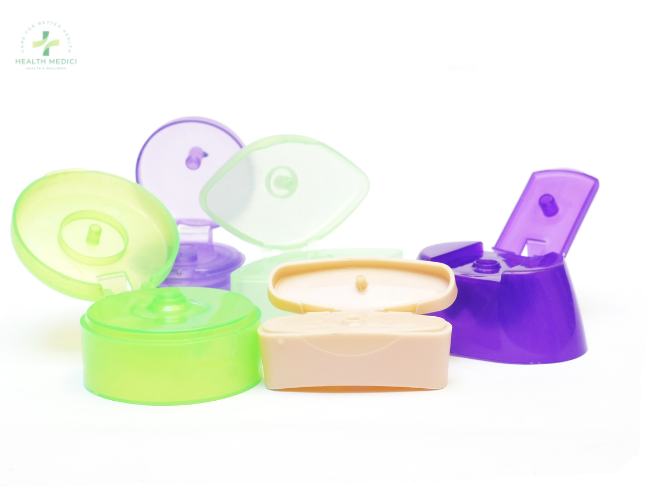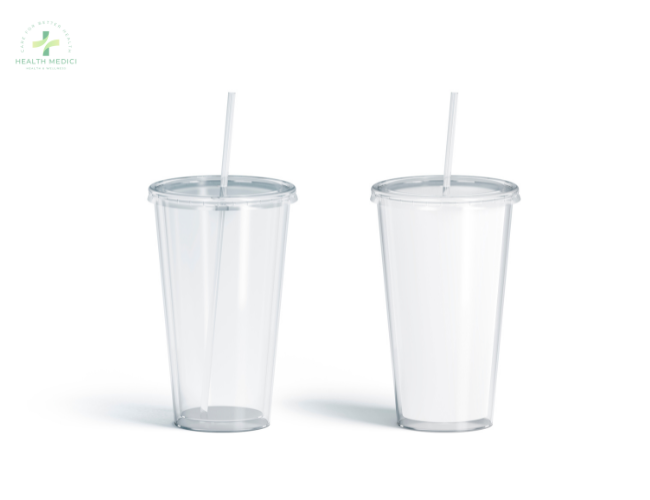The essential factors to consider when choosing the perfect reusable water bottle to fit your lifestyle and preferences.

In a world with increasingly conscious of environmental impact, reusable water bottles have become a popular and eco-friendly choice for staying hydrated on the go. However, with a myriad of options available, finding the best one for your needs can be overwhelming.
Assess Material Options
The first and crucial aspect to consider when selecting a reusable water bottle is the material it is made from. Common materials include stainless steel, glass, plastic, and aluminum. Each material has its own advantages and drawbacks:
- Stainless Steel
Known for its durability, resistance to dents, and ability to keep beverages at desired temperatures. Look for bottles made from food-grade stainless steel to ensure safe drinking.
- Glass
Provides a clean and pure taste, and it’s free from potential harmful chemicals found in some plastics. However, glass can be fragile and heavy.
- Plastic
Lightweight and affordable, but opt for bottles made from BPA-free or food-grade plastics to avoid leaching of harmful substances.
- Aluminum
Lightweight and recyclable, aluminum bottles are a good alternative to plastic. Ensure they have a non-toxic lining to prevent aluminum from leaching into the liquid.
Determine Size and Capacity
Consider how much water you typically consume throughout the day and how frequently you’ll have access to refilling stations. If you’re often on the move, a larger capacity bottle might be more suitable to avoid running out of water. On the other hand, a smaller and lighter bottle might be ideal for short outings or backpacking trips.
Understand Insulation Features
Insulation is a critical feature, especially if you prefer your beverages either cold or hot for extended periods. Double-walled and vacuum-sealed bottles provide excellent insulation, keeping cold drinks chilled and hot drinks warm. Insulated bottles might be bulkier, so assess whether the benefits of temperature retention outweigh the added weight and size.
Explore Lid Types and Features
Lids come in various styles, each with its own advantages:
- Screw-On Lids
Simple and secure but might be less convenient for frequent opening and closing.
- Flip-Top Lids

Easy to operate with one hand, making them great for activities like hiking or driving.
- Straw Lids

Allow sipping without tilting the bottle, making them convenient for sports and activities.
- Wide-Mouth vs. Narrow-Mouth
Wide-mouth bottles are easier to fill and clean, while narrow-mouth bottles are often preferred for drinking without spills.
Evaluate Cleaning and Maintenance
Unless you’re using your water bottle for something other than water (such as smoothies or fresh juice), it’s not likely to get extremely messy. Still, any kind of bottle requires regular washing to prevent an overgrowth of bacteria from your mouth.
If you’re not a fan of washing by hand, you’ll want to purchase a bottle that can go in the dishwasher, such as one made of stainless steel, glass, or silicone. (Most plastic bottles must be hand-washed.)
Some bottle designs are also inherently easier to clean than others. Those with straws or lids with multiple parts can be tough to get fully clean. And in some cases, a bottle itself can go in the dishwasher but its lid cannot. Be sure to check and follow all washing instructions.
Consider Portability and Ergonomics
If you carry your water bottle everywhere, portability and ergonomics are vital. Look for bottles with features like carrying handles, non-slip grips, or a slim design that fits in most cup holders. A bottle that feels comfortable in your hand and is easy to transport will encourage consistent use.
Personal Preferences and Style
A water bottle is a personal item, and your preferences matter. Some bottles come in a variety of colors, patterns, or even customizable designs. Choose one that matches your style and makes you happy to use it daily.
Budget Considerations
You can spend any amount of money you like on a water bottle—we’re talking the gamut of dollar store bottles to $100 flasks with fancy filters and high-tech insulation. Price and quality sometimes go hand in hand, but not always.
To identify whether a bottle is commensurate with its price tag, it’s best to do your own research. Read customer reviews about a bottle’s longevity and usability before taking the plunge.
Conclusion
Selecting the best reusable water bottle involves a careful consideration of material, size, insulation, lid type, cleaning ease, portability, personal preferences, and budget. By analyzing these factors, you can find a water bottle that not only reduces single-use plastic waste but also suits your lifestyle and ensures you stay hydrated throughout the day. Make an eco-friendly choice and embrace the convenience of a reusable water bottle today!


